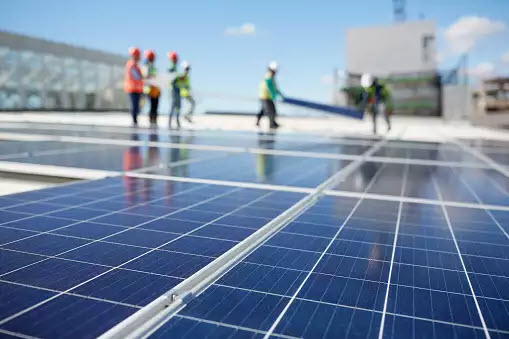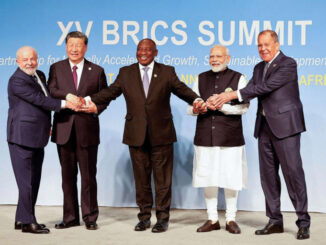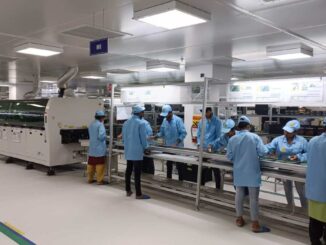
Subsidies to renewable energy fell by 45 per cent from the financial year 2016-17 (FY17) peak of Rs 15,470 crore to Rs 8,577 crore in FY20, according to a recent report.
It added that new funding for clean energy was crucial to progress the transition that is already underway in India.
The report titled ‘Mapping India’s Energy Subsidies 2021: Time for renewed support to clean energy’, has been released by the International Institute for Sustainable Development (IISD) and the Council on Energy, Environment and Water (CEEW).
According to the report, renewable energy subsidies were at a standstill due to a combination of factors including grid-scale solar and wind achieving market parity, lower deployment levels, and subsidy schemes nearing the end of their allocation period.
“It is time for a new wave of support measures focused on emerging technologies such as grid integration and storage, decentralised renewable energy, green hydrogen, and offshore wind,” said co-author Balasubramanian Viswanathan of IISD.
He said that India must deploy historic levels of about 39 GW every year to meet its admirable target of 450 GW of renewables by 2030.
“It is hard to imagine achieving this goal without the right support policies. And the prize is big: Curbing air pollution, addressing the climate crisis, and kick-starting a green economic recovery,” he added.
Support for fossil fuels has increased as of the latest year of comprehensive data, hitting Rs 70,578 crore in FY20, which is over seven times the sum of subsidies to clean energy, the report said.
It added that reforming fossil fuel subsidies can generate valuable additional resources for economic recovery from COVID-19 and investments in clean energy.
“Redirecting a share of coal tax revenues to clean energy and supporting communities, regions, and livelihoods impacted by the transition will help ensure a just and equitable energy transition,” said co-author Prateek Aggarwal of CEEW.
On electric vehicles, the study said that the full benefits of electric transport can only be achieved if there is a green electricity mix.



